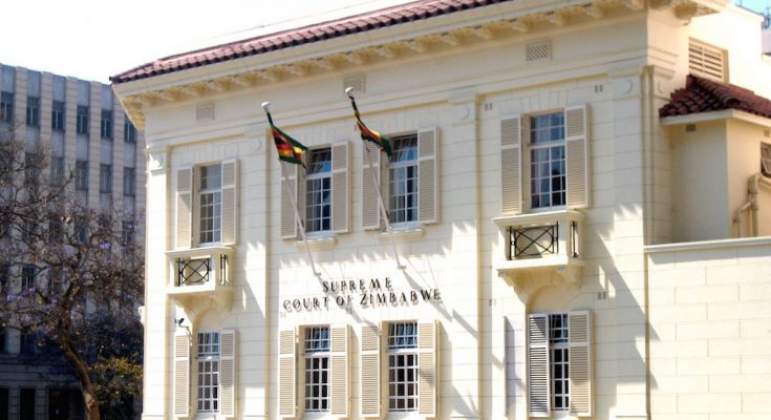In the case of AM (Zimbabwe) v Secretary of State for the Home Department [2020] UKSC 17 the Supreme Court has widened the protection available to seriously ill migrants facing deportation from the UK and subsequent death for want of medical treatment.
The judgment opens by noting that the case involves “one of the most controversial questions which the law of human rights can generate”. If anything, this underplays the controversy. Not only does the case involve deportation of a very serious criminal who entered the UK as a child and who relies on human rights law to stake a claim to remain. It also involves the right of a migrant to resist removal based on a difference in medical treatment in the UK and the destination country. And it involves the Supreme Court electing to overrule one of its own early cases, based on a subsequent judgment of the European Court of Human Rights.
A decision in favour of a migrant on any one of these three bases would normally be sufficient to trigger certain commentators and politicians. Politics perhaps inevitably impinges on law in this field; as we shall see, though, the Supreme Court very much sticks to the law here.
Lord Wilson does a great job explaining the factual and legal background in this short (five minute) video:
The appellant in this case is a Zimbabwean known as AM who arrived in the UK aged 13 in 2000 and was granted indefinitely leave to remain along with his mother. He later committed a number of crimes, the most serious of which was possession of a firearm, for which he was sentenced to seven years in prison.
AM also contracted HIV and received treatment here in the UK. He suffered serious side effects to conventional antiretroviral therapy and was instead offered a drug called Eviplera. Evidence suggested this was not available in Zimbabwe, meaning that if he was deported from the UK he would not receive effective treatment — leading to his untimely death.
The legal background is complex. It all dates back to a Strasbourg case called D v UK from 1997. In D the European Court of Human Rights held that the removal of an AIDS sufferer from his deathbed in the UK to his country of nationality (St Kitts and Nevis) would amount to inhuman and degrading treatment and therefore breach Article 3 of the European Convention on Human Rights.
A succession of Strasbourg and domestic cases followed in which judges grappled with the legal test and how it applies to the facts of individual cases.
In N v SSHD [2005] UKHL 31 the House of Lords held that the test in these medical treatment cases was an extremely difficult one to meet:






